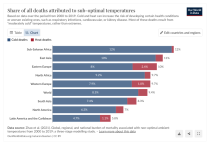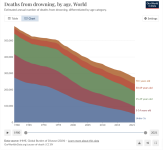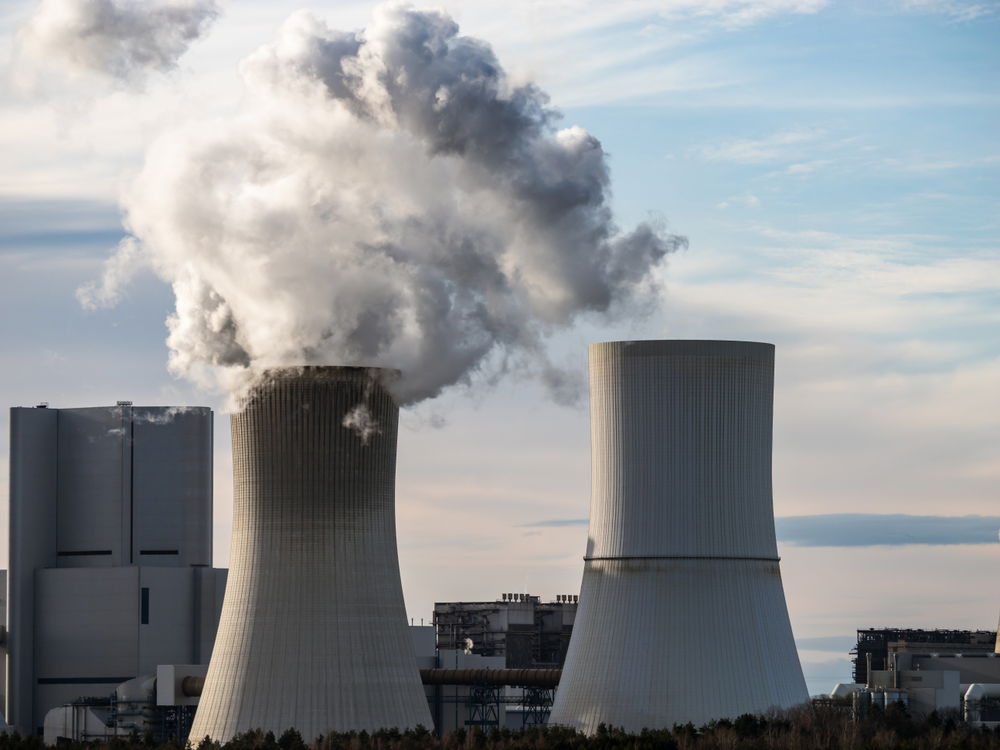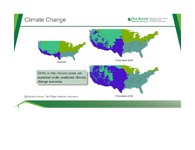Josh, why can't we take an infrared camera and aim it towards the sky and somehow quantify the amount of heat being reflected back at us by CO2 in the atmosphere?
Good point. I think we can take satellite measurements on heat and radiation and such. The data doesn't go back 150+ years, of course. I am not 100% familiar with the satellite data. It seems to me that the biggest issue is not how to "stop" global warming... But rather, how to MITIGATE it. Meaning how to spend our resources to slow the temperature increases and more importantly how to deal with it in a cost effective way.
Looking at it another way. Say that you live in an area which may be subject to flooding in the future. What's the most efficient way (cost wise) to prevent the loss of your house.
a) Do you move?
b) Do you raise your house up so that it can resist the flood waters when they come?
c) Do you try to prevent the flooding by building dikes, dams, and all kinds of engineering work up and down stream to try to control the floods that will happen.
Which one is the best use of your limited resources?
Option (a) requires some expense on your part. The cost of a new house minus the cost of selling your old one. But, it is pretty much guaranteed to work.
Option (b) requires some construction work. Possibly less expensive than option (a). It's not guaranteed to work. But, it is likely to reduce that damage that occurs if/when the flood comes.
Option (c) costs an amazing amount of money. Not just from you, but from people in cities and states far away from you as well. They all have to spend the money in a way that will protect not just themselves, but you and your property as well. It's also not likely to work for you because the other cities and states are most likely to spend their money in a way that protects them, but pushes the flooding down stream towards where you live. The best way to get this to work is to use violence to take over these other areas and force them to spend their limited money in a way that you want them to.... in a way that protects what you think should be protected.
The problem with the Global Warming Alarmist community is that they seem focused on something comparable to option (c), when the real practical (i.e. efficient) solutions are more like option (a) and (b). Meaning each country, each person, each province needs to operate in a way that addresses their own self interest and stop trying to force everyone else to do things that are against their own self interest.






